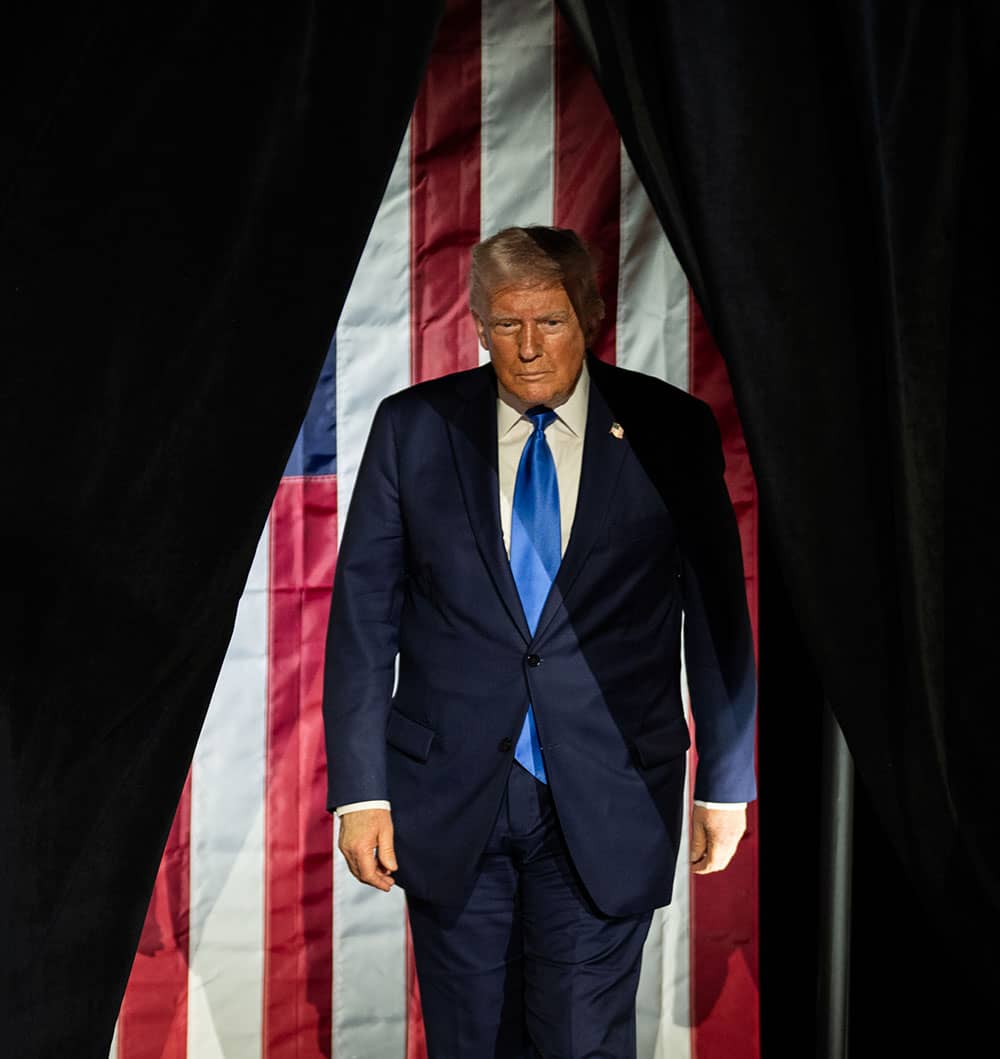Dollar Back at Fair Value Says Lombard Odier
- Written by: Gary Howes

Image: Official White House Photo by Daniel Torok.
The recent selloff leaves the U.S. Dollar and other U.S. assets better valued.
This, according to Lombard Odier, an independent Swiss banking group based in Geneva.
"U.S. bond yields offer tactical opportunities to lock in returns and the U.S. dollar is now in our fair value range against the euro, Japanese yen and Swiss franc," says Michael Strobaek, Global CIO of Lombard Odier's Private Bank division.
Lombard Odier says further tariff progress, recovering sentiment and U.S. corporate tax cuts should see U.S. stocks extend gains in line with global stocks.
Such outcomes would suggest that a recent selloff in the Dollar and other U.S. assets has completed, building scope for an extension of the early May recovery.
The Dollar dropped sharply in early April as investors digested the April 02 'Liberation Day' tariffs and judged them to be harsher than expected, raising the prospect of a U.S. economic slowdown and wounded confidence in America.
GBP to USD Transfer Savings Calculator
How much are you sending from pounds to dollars?
Your potential USD savings on this GBP transfer:
$1,702
By using specialist providers vs high street banks
Years of U.S. exceptionalism, which sent the Dollar to multi-year highs, reversed and a 'sell America' trade gathered steam.
However, Strobaek says recent market moves are in fact a healthy, if volatile, rebalancing of U.S. asset prices towards their fundamentals:
- The S&P 500 has largely recovered its levels of before the 2 April ‘liberation day’ tariff announcements (-0.6% lower this year) and is still relatively more expensive than other regions, but earnings expectations have been adjusted downward.
- The US dollar has fallen 6% this year versus a basket of developed market currencies and is in our fair value range against the euro, Japanese yen and Swiss franc.
- US government and investment grade corporate bond yields remain among the most attractive within developed markets in real and nominal terms.
"As accords between the U.S. and the UK, and the US and China have demonstrated, stock markets are quick to respond to any indication that the Trump administration is rolling back its import tariffs," says Strobaek.
As trade fears dissipate, Lombard Odier thinks more traditional drivers will regain control of markets, and this can drive further appreciation in the likes of the Dollar.
Specifically, further movements may now depend more on fundamental interest rate differentials - which favour USD strength - and economic surprises.
"From here, more typical patterns may return to drive the relative performance of US bonds and stocks, as well as the US dollar, versus other regional assets," says Strobaek.




